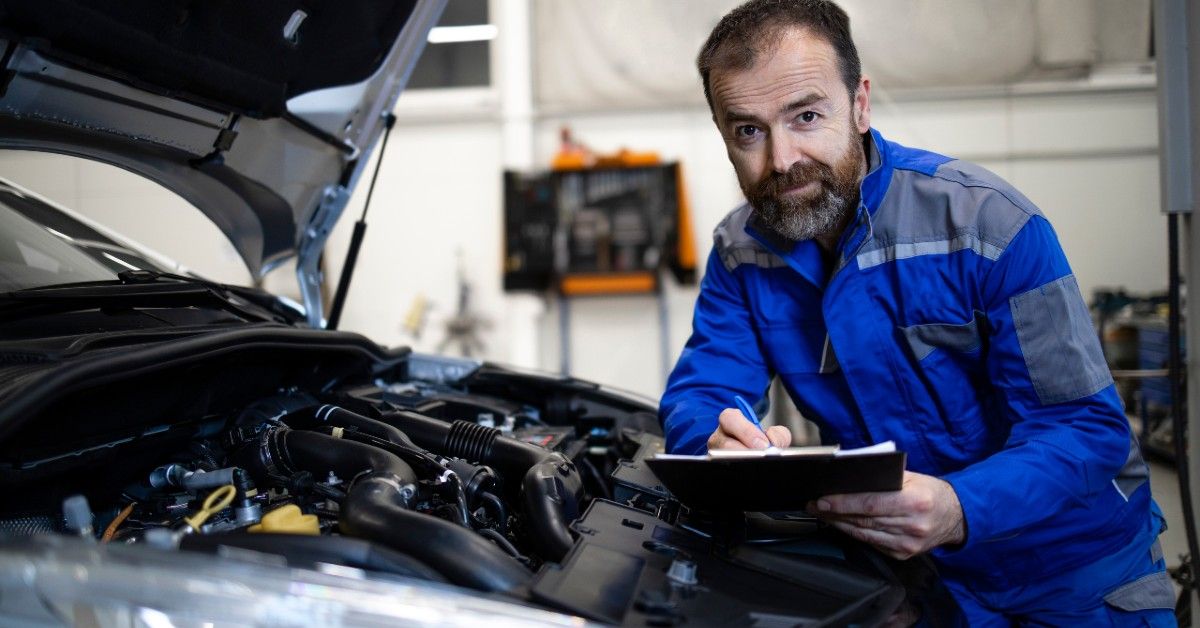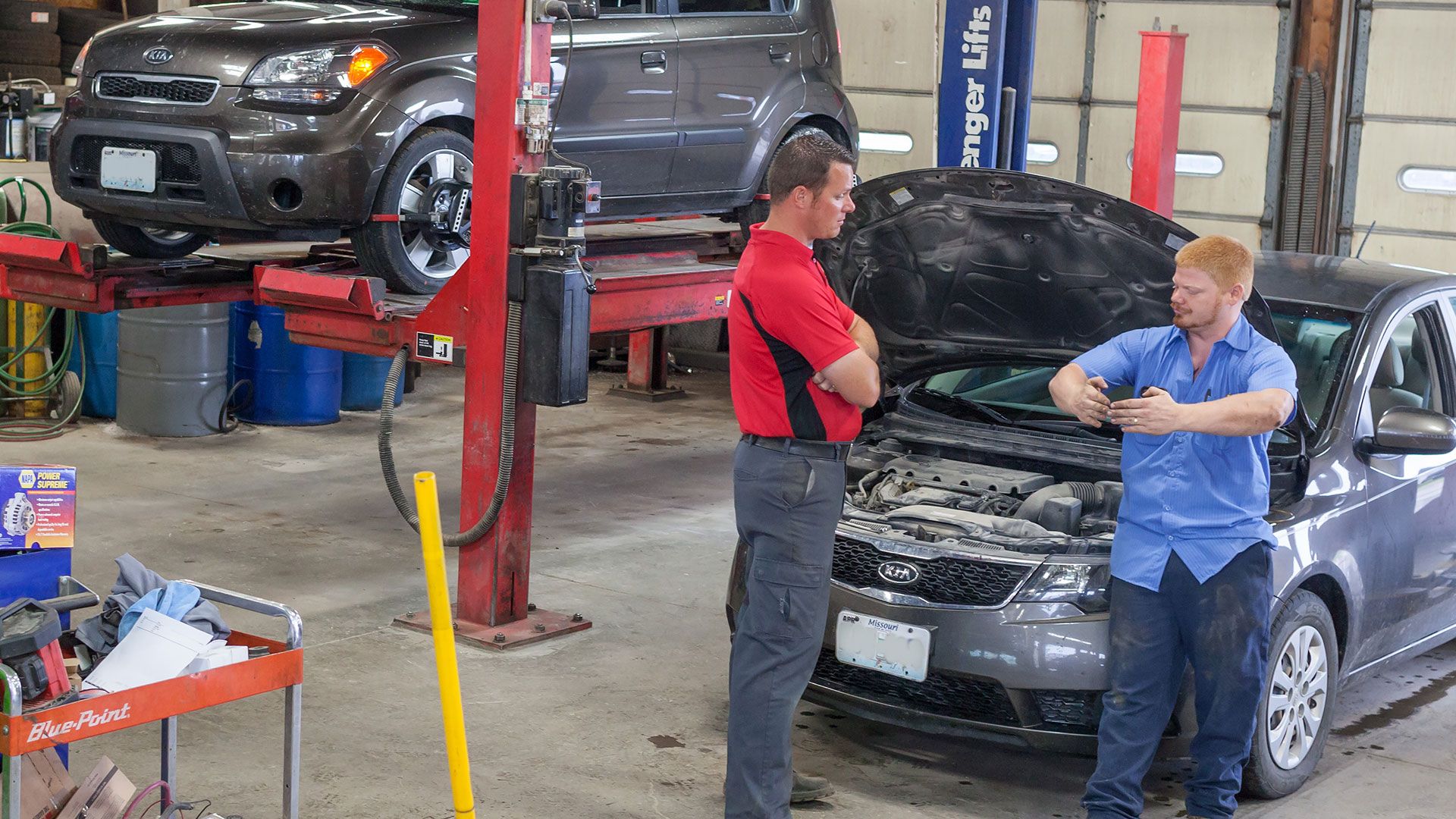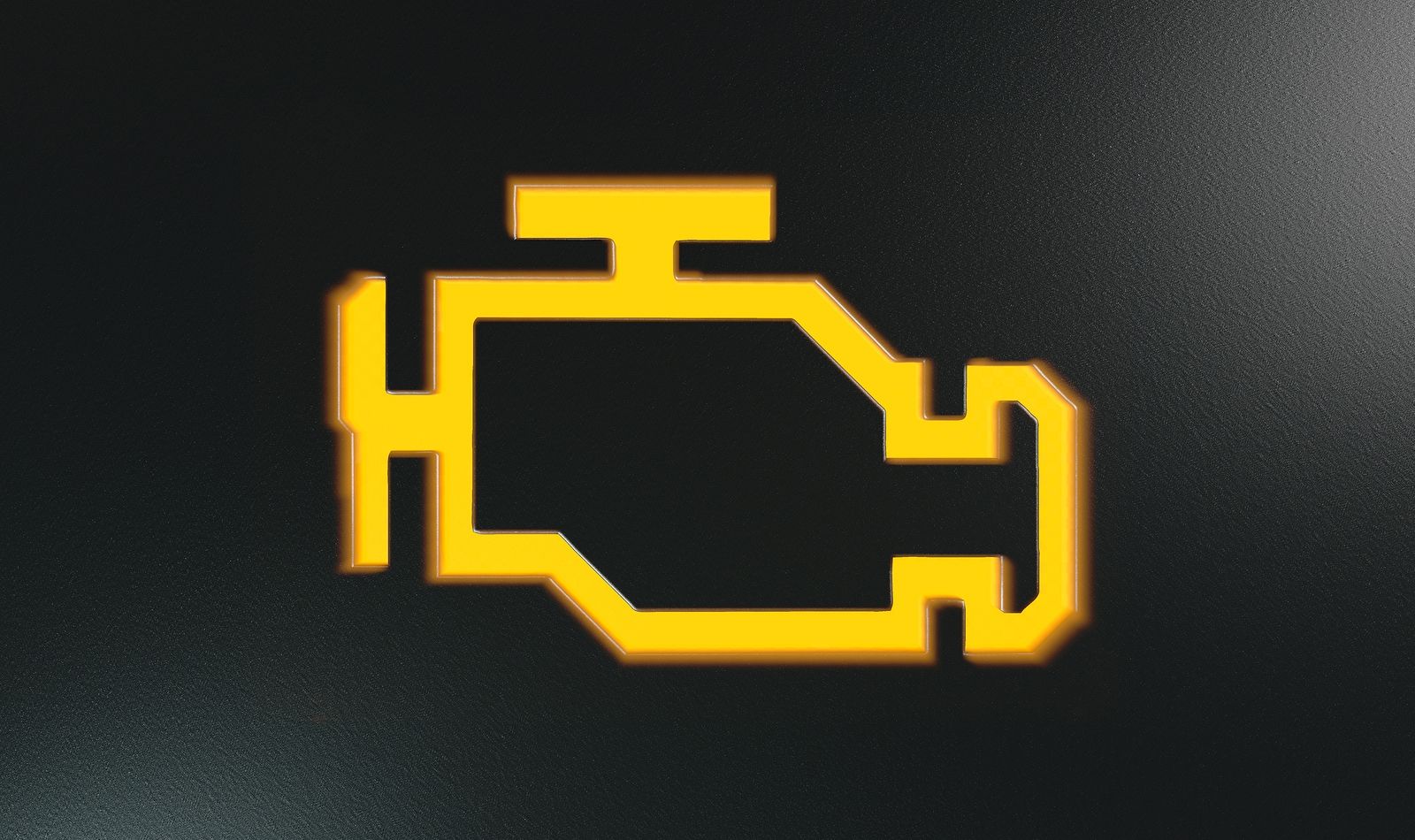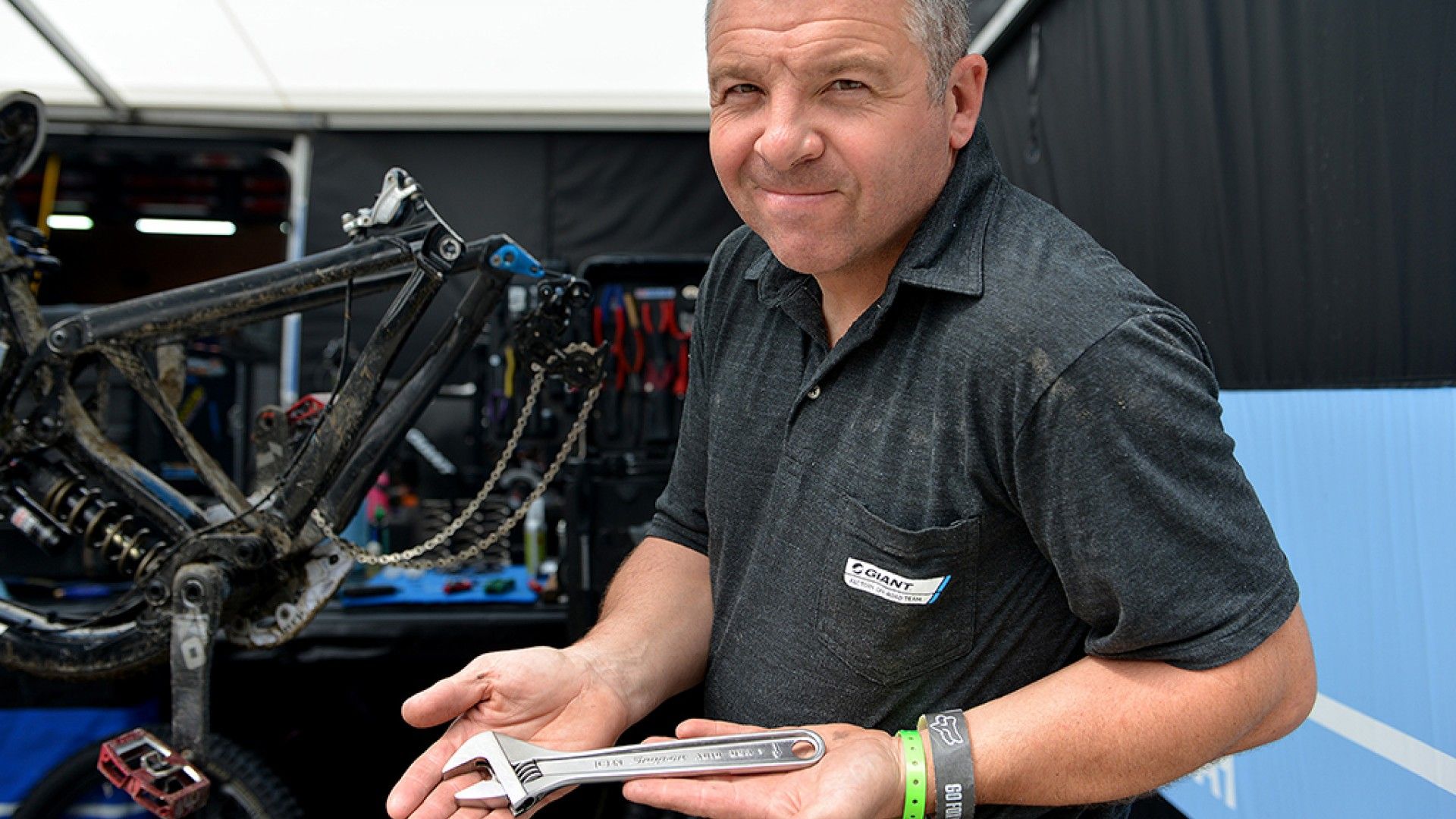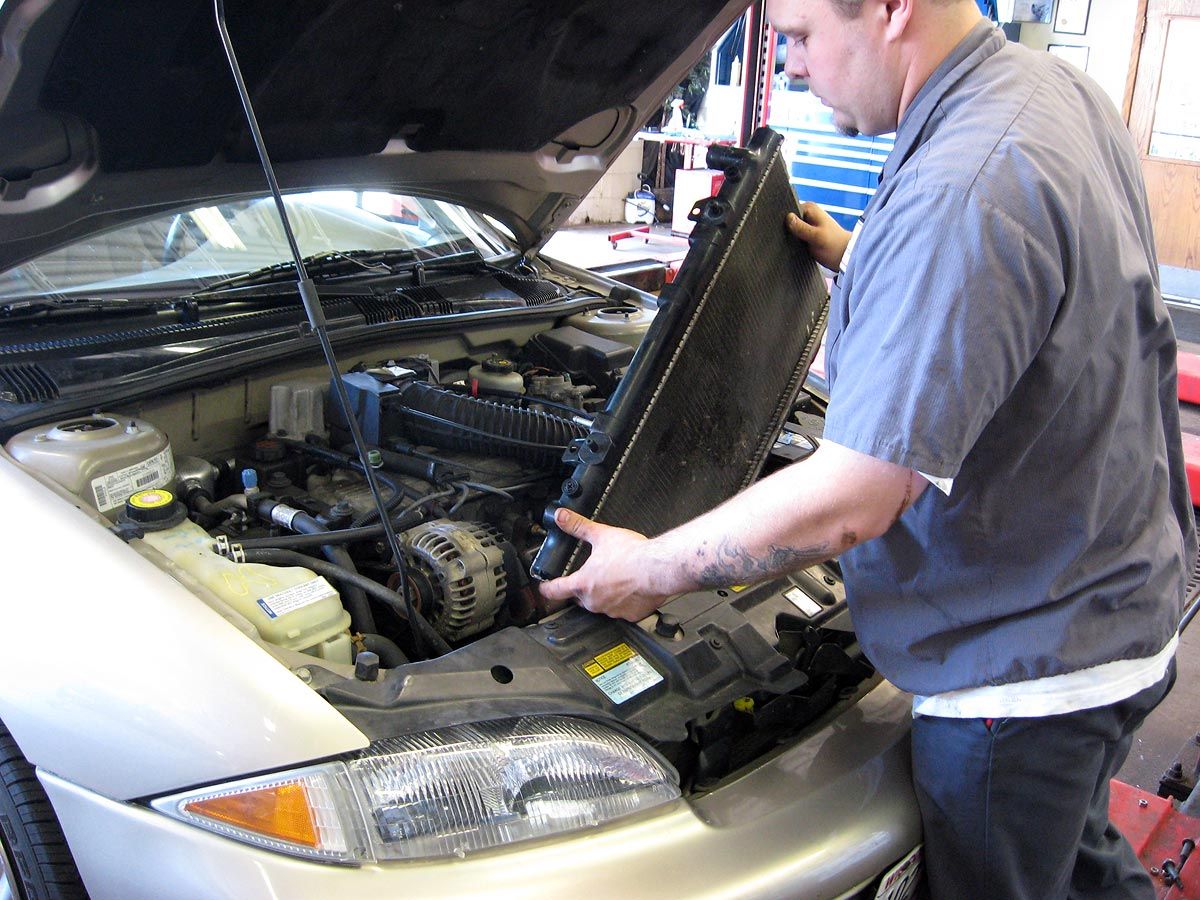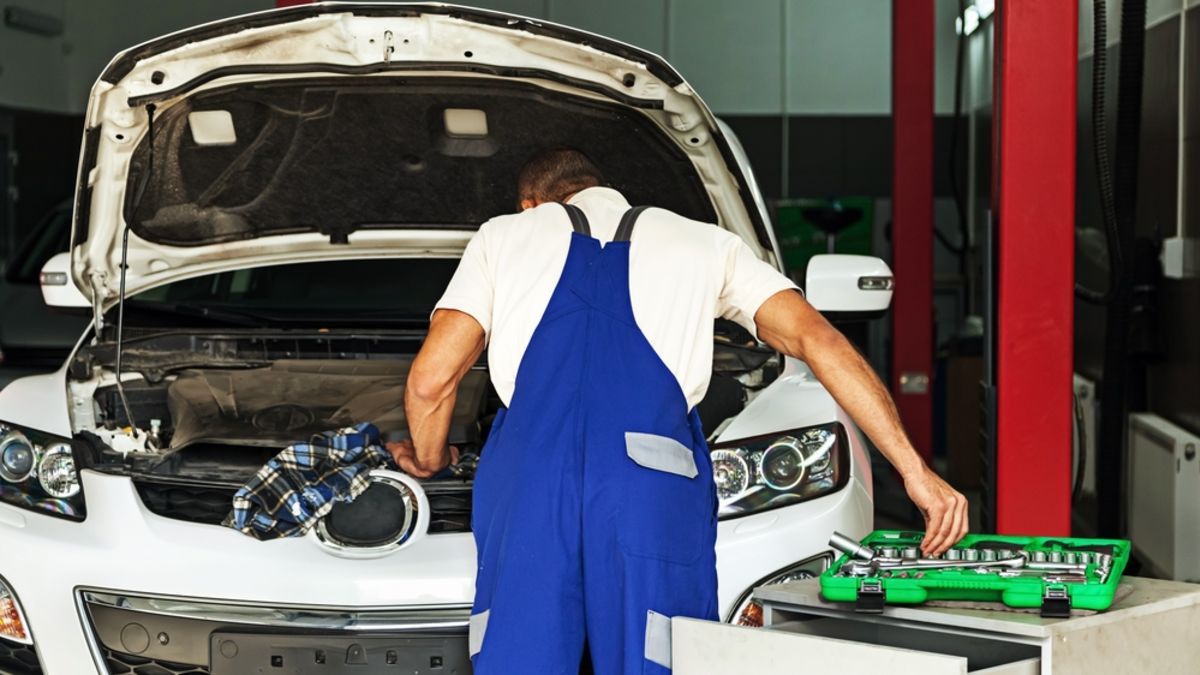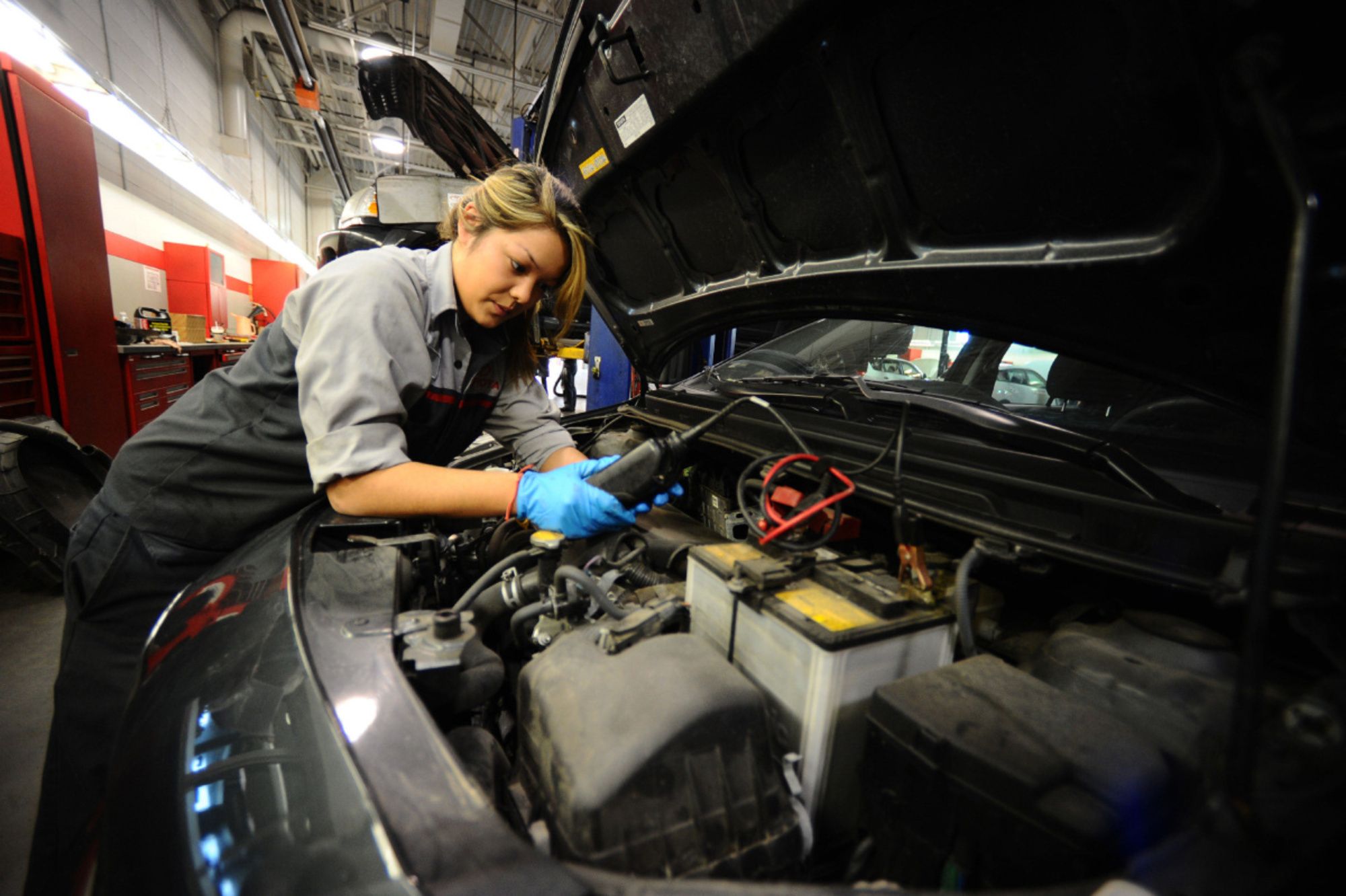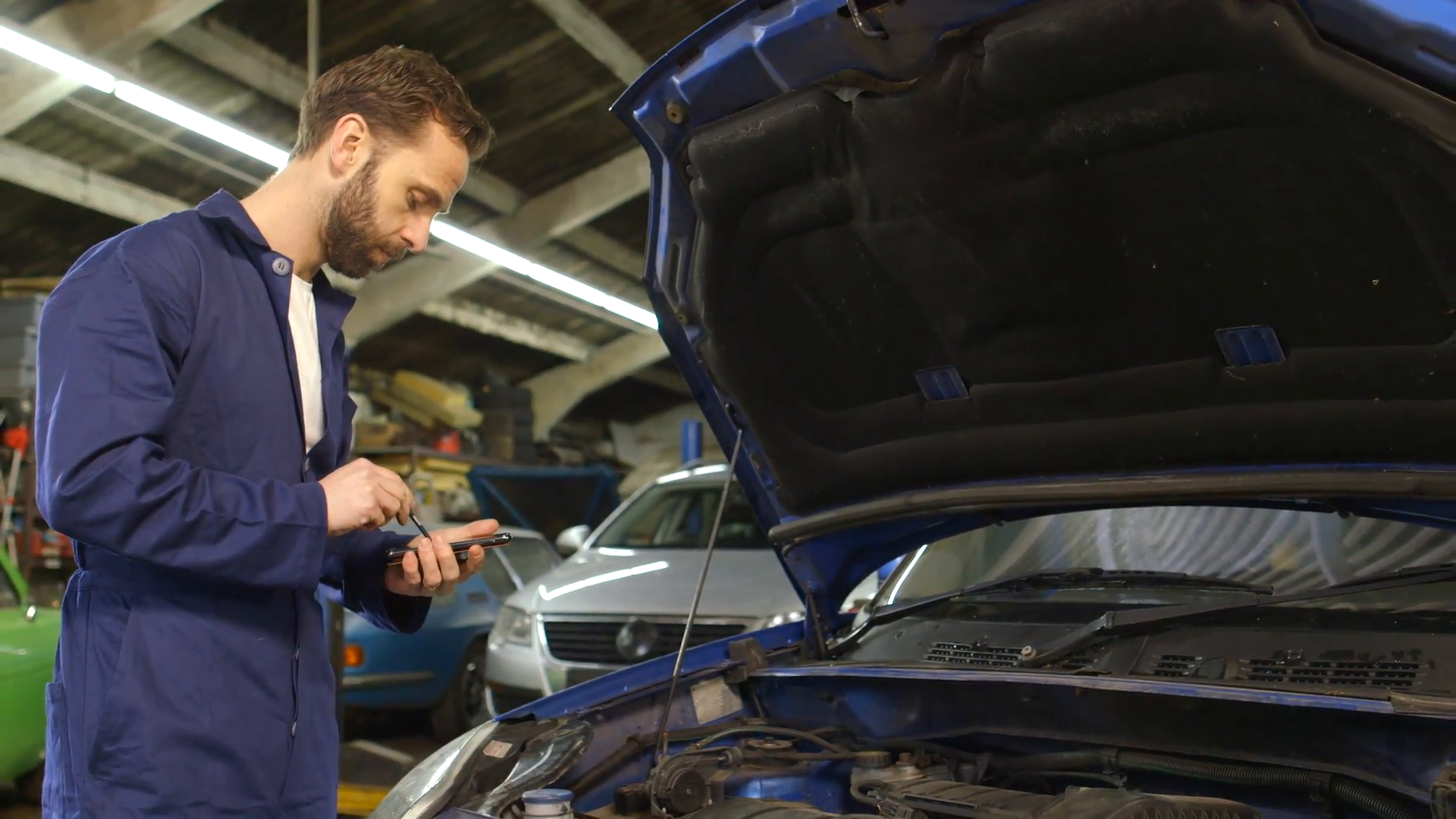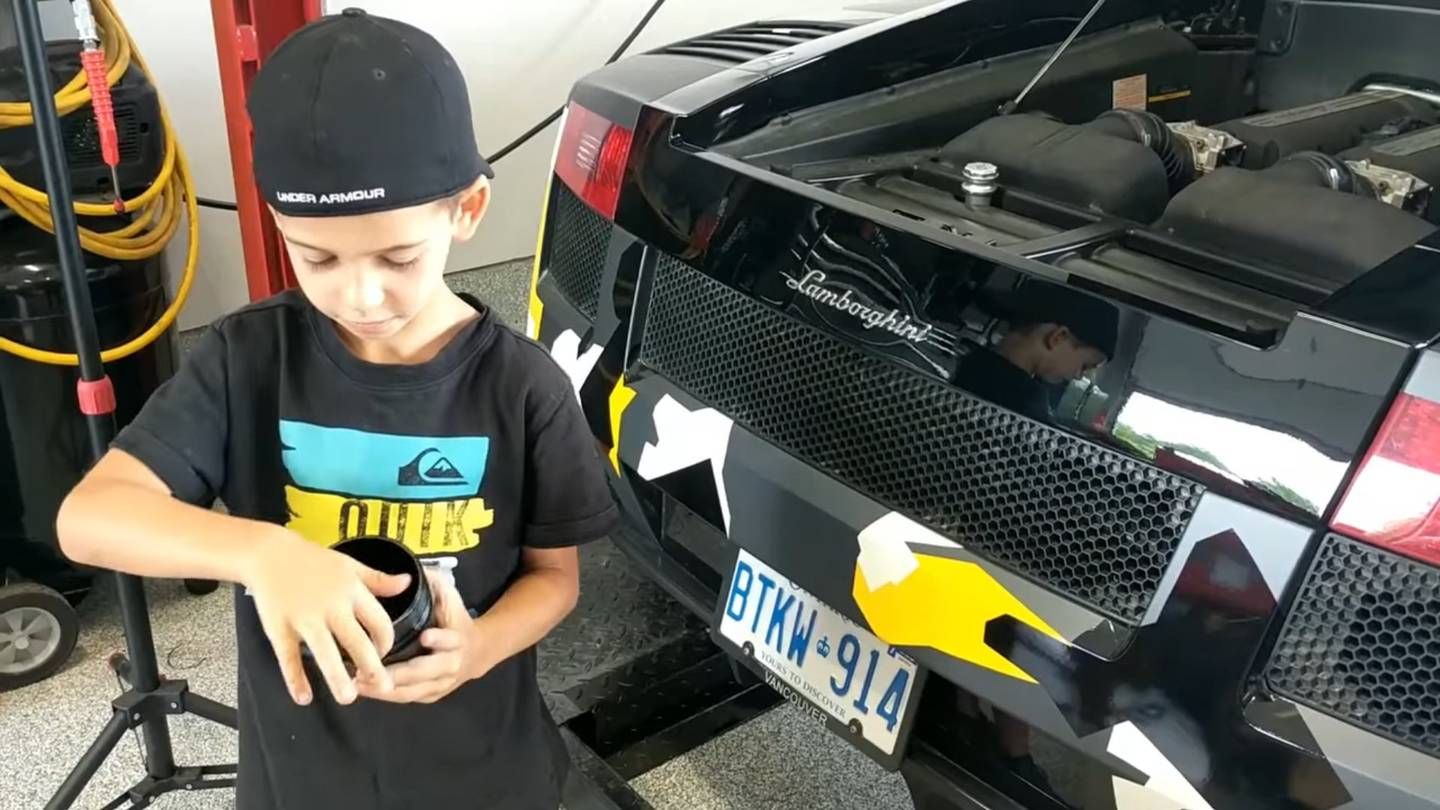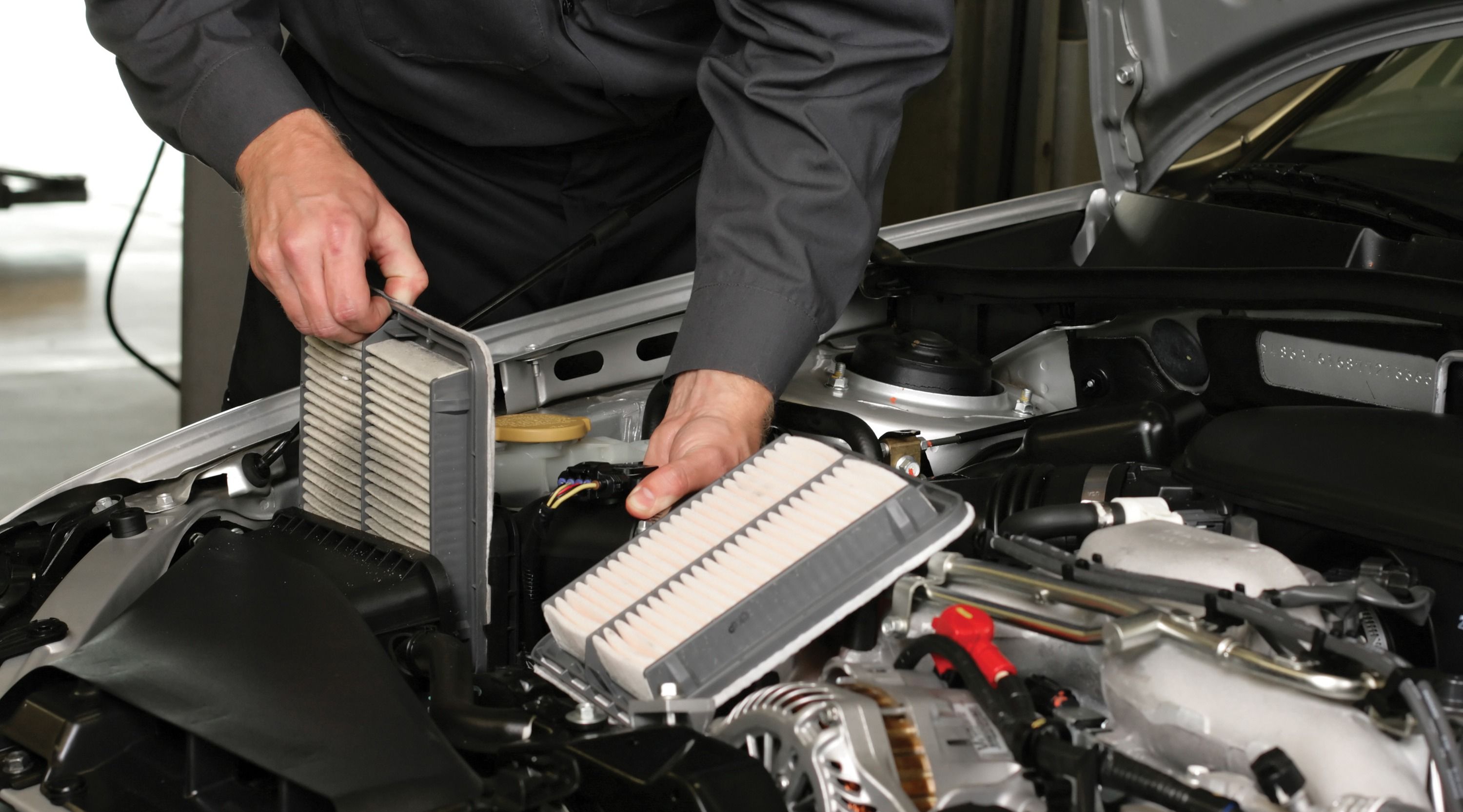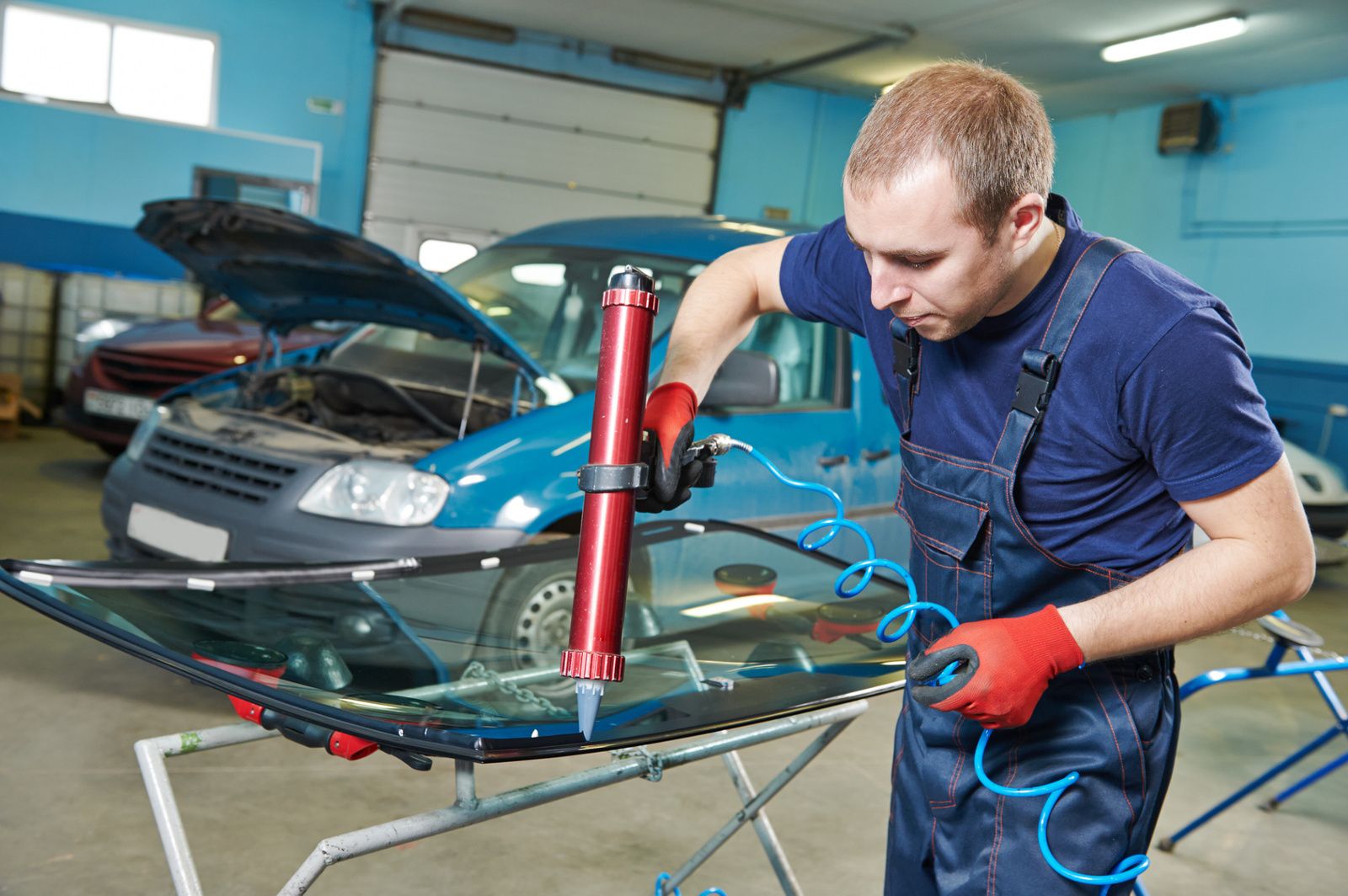When someone goes to a mechanic, they entrust that person with a vehicle they rely on for getting around. Just like someone trusts a barber to cut his or her hair or the dentist to fill a cavity, a mechanic has special knowledge about one's car. He knows everything about what makes it run, how to diagnose a problem, and what to do to fix it. Since most of the general public drives, and there are mechanics on hand, a lot of people aren't as savvy about how cars work. However, this opens the door for mechanics to take advantage of car owners who don't know any better.
Updated April 2022: If you're looking to have your car repaired, you'll be happy to know that we've updated this article with more information about the sneaky tricks some shady mechanics have pulled on their customers.
Part of buying a vehicle is accepting that problems are going to come up. Even if a car hardly has any issues, there's still regular maintenance like changing the oil, rotating the tires, and replacing parts over a set time. While those who are car savvy can perform some maintenance on their own, the chances are strong they'll have to go to a mechanic for the bigger issues. That makes it nearly impossible to avoid a trip to the mechanic or a dealership that offers repair services. While not all mechanics are dishonest, it's a profession that makes it easy to swindle customers. The good news is there's nothing new for a mechanic to try nowadays. Every tactic they've ever tried to use on naive customers is out in the open. Detailed here are all the ways mechanics have mined more money out of customers using cheap tricks.
20 Corners Customers Into Buying Unnecessary Parts
If a customer goes to a Pep Boys Tires for services, the chances are strong they're going to push name brand products. It's reasonable and logical for a repair shop to want to sell products they have a stake in, though the waters can get muddy if by accepting their recommendations, the mechanic takes advantage of that trust.
As Complex reports, a mechanic could sell a really expensive part that has no place being in a sedan with 150,000 miles on it. Hopefully, the number of auto shops trying to pull this off are few and far between, but it's not unheard of.
19 Preying On Customers’ Fears Over A Check Engine Light
The dreaded check engine light haunts everyone at one time or another. It never comes on at a good time, and while it has the potential to be something minor, in most cases, it ends up being a huge expense to the owner. A team at ABC News intentionally disrupted an airflow sensor in order to trigger the check engine light.
When they took the car to several repair shops, they found that mechanics tried to charge them for more to do a simple fix. Even more, many of the mechanics weren't upfront about what the issue was in the first place.
18 Performing Free Services Just To See What’s Wrong With The Car
Just the mere mention of something free perks the ears up of anyone and everyone. When it comes to automotive maintenance, something like every third oil change being free or the inclusion of tire inspection at no extra cost sounds too good to be true.
Customers should know that these are all just means to get underneath the hood. Once a mechanic gets that "invitation" to peek inside, he can find the smallest things wrong with it. As Goliath reports, that's when they present all the problems to the customer in the hopes that something will stand out large enough to concern the owner.
17 Taking Longer To Do A Basic Repair Billed By The Hour
It's not uncommon for auto repair shops to charge an amount per hour for labor. That shouldn't raise any red flags if they do. What becomes concerning is when they take their time on a simple repair to rack up the hours, thereby charging more.
This tactic is what mechanics call "gravy work," according to ABC News. It's important to have a general idea of how long repairs should take. Something like changing out the brake pads should take a half hour, not several hours.
16 Becomes Focused On Fixing Something Else Instead
Going to a mechanic is hard enough for some people. It involves realizing there's something wrong, that it needs fixing, and that it'll likely cost a boatload of money. What makes the process harder is when mechanics bring to light other problems with the vehicle.
Complex uses the scenario of a customer coming in for a problem with a belt, only to find that the mechanic found something else wrong and wants to fix that, too. It's all going to cost the customer a lot more than what he or she originally anticipated. What makes it hard for customers to figure out is how truly severe the additional issues really are, which depends on how honest the mechanic is in the first place.
15 They Paint An Ominous Picture When It’s Not Exactly That Bad
A mechanic is somewhat like a doctor. It's his job to find out what the problem is and to fix it. Cars are similar to humans in this regard whenever there's something wrong. Where a doctor and a mechanic differ, however, is the way they paint the condition of a car/patient.
While it looks better for a doctor to speak positively about a patient, it works in a mechanic's favor to give bad news. Complex reports that a mechanic may spin a negative narrative of the car's condition that's exaggerated in the first place. A good mechanic won't stoke a customer's fears about the car's actual condition.
14 Billing Customers For Nonexistent Work
Not all mechanics are guilty of the things detailed on this list. There are mostly honest working mechanics out there who just want to make a living doing what they love, which is fixing cars and helping people. Though for those repair shops out there who've ripped off customers, they've probably tried this next con at least once.
Referring to perhaps the most uncreative move possible, ABC News warns against those who charge for work that was never done in the first place. They may say they fixed a part or changed a fluid when, in actuality, they didn't go near it. Sadly, the customer pays the price down the road when he or she realizes there's still an issue.
13 Upselling Fluids And Services
For those who've visited a lube shop that specializes in quick oil changes and other on-the-go services, the concept of "wallet flushing" may be all too familiar. According to Brake & Front End, this is where shops offer fluids to customers that are much more expensive than the run-of-the-mill brands.
While the more basic fluids will certainly do the trick, the more expensive fluids end up benefiting the shop more from a bottom line side of things. A customer may not even be at a point where he or she needs a fluid refilled, yet a mechanic will recommend changing it out.
12 Isn’t Able To Show What’s Wrong
Don't be afraid to ask a mechanic to show the issue. If there's a nail in the tire, ask to see it. As Complex reports, a tactic mechanics may try to pull is saying something is wrong without showing the part that's affected. If the mechanic says an air filter has damage, he or she better be able to produce it as evidence.
Otherwise, it's all just talk. If there's nothing visible to prove what's really going on, then it leaves room for a mechanic to paint whatever narrative he wishes to about the state of one's car.
11 They Do A Repair Without Permission
There's an unofficial order of steps for how an auto shop does a repair. Usually, it starts with an estimate that both the customer and the mechanic have to agree upon. It's important that the mechanic goes over what he's going to do before getting to work. Usually, it's only to diagnose the problem first since the repair will more than likely cost the customer money.
The reason why this step is important is that a shop should be compensated for any work that’s performed. That’s why an auto shop ought to ask for permission first as the Bureau of Automotive Repair details. This is to prevent a mechanic from proceeding with a repair without obtaining permission as a way to ensure payment.
10 Use Deprecating Language That Muffles Customers
When customers go to a mechanic, it places them in a humbled position by default. It's then up to the mechanic to not only fix the issue but also assure the customers they're in good hands. Every mechanic's approach is different, and there's no wrong way, though it's hard to argue for the mechanic making a customer feel inferior.
As Complex notes, if a mechanic uses language that belittles customers' car knowledge or calls into question their background, there may be something more behind the assertion. In most cases, they may just be having a bad day or really feel confident about their grasp of the situation. In some cases, though, they could be using it to squelch customers and force them into paying more.
9 Applying Old Repair Rules To Newer Cars
Thanks to improvements in technology, cars are advancing all the time. That means a lot of the old tricks mechanics used on previous models won't apply to newer ones. One such trick, as Goliath points out, is replacing the spark plugs. In older cars, it was more commonplace to see spark plugs switched out.
For newer cars, it's a lot less often. There's always the possibility there's another problem going on. According to Goliath, spark plugs aren't typically replaced until the car has managed to rack up six figures of mileage first. Apparently, it's all due to the improvements in a vehicle's fuel efficiency.
8 Charging Repairs Independently Instead Of Packaging Them Together
Mechanics have to watch out for themselves. They can't give away services and parts for free, not to mention the overhead of running an auto shop. That's why they put a markup on parts and account for the number of hours labor takes. For labor, a mechanic ought to consider what part of the car he's repairing. As Thrillist notes, if the affected part is harder to reach, such as a water pump, it may require that they take out other parts to access it.
As long as a mechanic asks, there's no problem with replacing those parts (if necessary), though grouping the labor cost of those parts with the labor to fix the water pump could be a problem if not clearly stated properly ahead of time.
7 Adding Repairs, Like Those On Brake Rotors, To Original Requests
It's in a mechanic's best interest to see what other needs a customer has. Really, it's to the customer's benefit. It only becomes a problem when a mechanic keeps a customer in the dark. One area where mechanics can group services, as Goliath points out, is on brake rotors.
In some instances, a customer may only need the pads fixed. A mechanic may try to replace the rotors, too, though, of course, for an extra fee. That way, the mechanic can still service them but at a much cheaper rate.
6 Slipping In Extra Fees By Using Additives
There are different opinions today about additives and whether they really work or not. Some claim to clean out the carburetor, others proclaim to remove grease in engines, and so on. There's nothing wrong with getting some every once in a while or taking a mechanic's recommendation. According to Goliath, though, if a mechanic is really pushing them while the bill goes up, something may be up.
For those who don't believe in additives, it's seen as a complete waste of money. The other camp who believes in them may even think more than one or two are unnecessary. It's up to the customer to be on guard against mechanics who really push additives.
5 Billing The Diagnostic Test And The Repairs As Separate
Owners and mechanics read dashboard lights differently. Mechanics usually know what part of a car a light relates to and can already guess the common problems. Regular owners, on the other hand, see a big red symbol staring back at them, which is enough to send them into cold sweats and anxiety.
Most mechanics charge a reasonable fee just to diagnose the issue, as ABC News points out. A common practice is that the diagnostic fee will go towards the repair should the customer decide to go forward with it. However, some mechanics may choose to charge the diagnosis and the repair independently, which benefits their bottom line.
4 They Call Into Question A Customer’s Concern For Others
At their best, mechanics are everyday hard workers trying to put food on the table at home. At their worst, they take advantage of customers' ignorance about automobiles for every penny they can. In the scenarios where mechanics will pull anything, they may be willing to bring up personal circumstances to pressure a customer into paying for services.
As Complex reports, a mechanic may convince customers to pay for more expensive brake pads if it means protecting the loved ones in their lives because if they go for something cheaper, they may not really care about them in the end. It's hard to imagine anyone saying it, but some have been desperate enough.
3 Dishonestly Making Parts Look Worse Than They Are
Most mechanics are moral, upstanding people who do a good job. There are some, however, who've gone to great lengths in order to get a sale. As Goliath notes, the air filter often comes up a lot at auto repair shops as being a part in need of service. According to the outlet, it's a part that doesn't need to be changed out as frequently as some mechanics urge.
While they report that it's not unheard of for a mechanic to present the air filter in less than pristine condition by adding something in that alters the presentation, the hope is never to meet a mechanic that would do so.
2 Billing More For Remanufactured Parts
Mechanics have to earn a customer's trust in whatever circumstance. Most of the time, as Jalopnik notes, customers don't even know the original cost of a part before a mechanic marks it up. That's how the business works. For those instances where a mechanic offers a remanufactured part, however, it should reflect somewhat of a reduced price on the bill.
Otherwise, if it seems comparable to what a new part would come to, then something may be fishy. It's always best to ask questions if there's ever any confusion and not to be afraid to sleep on a major financial decision.
1 Make Offers That Are “Too Good To Pass Up”
Mechanics wear several hats in their profession. They play the role not only of the one who repairs the vehicle but also of a salesperson. They may try to offer a promotion to sweeten the deal, like replacing fluids, as Complex notes. A mechanic may explore what options he can take to milk the visit.
While it's only natural for any business to do this, it can become problematic when it's charged automatically rather than being provided as an option for the customer. Unless customers have a say in the matter, a mechanic may walk all over others.
Sources: ABC News, Brake & Front End, Complex, Bureau of Automotive Repairs State of California

